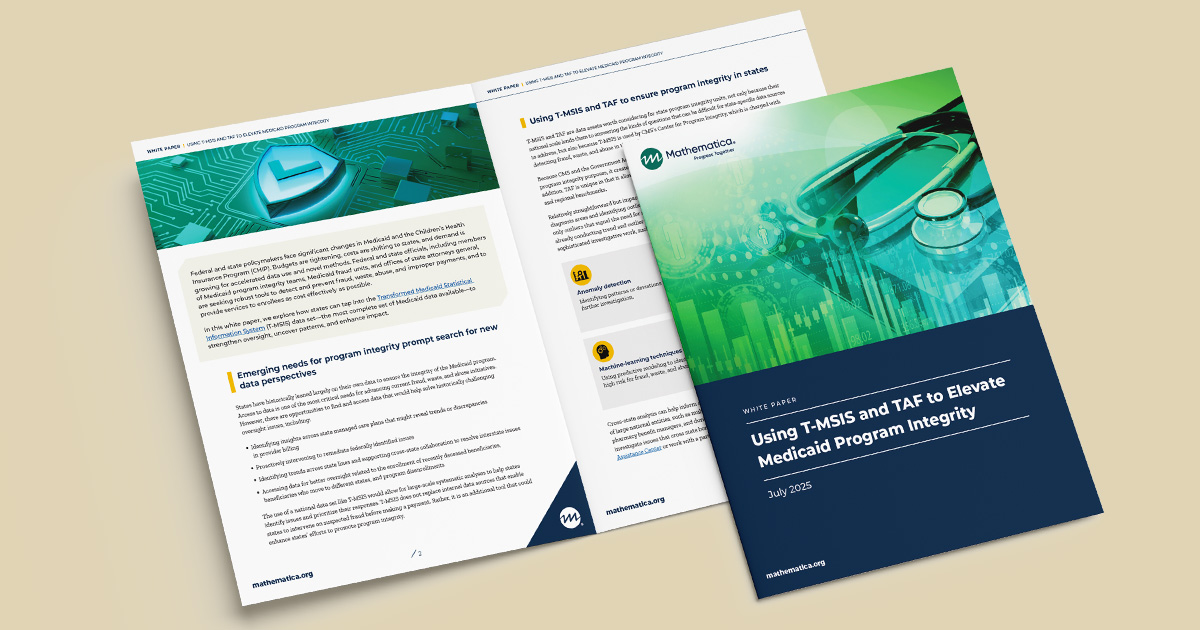Medicaid Policy Options: Innovative Approaches to Support the Reduction of Harmful Greenhouse Gas Emissions from the Health System
Download
Key Findings
- State Medicaid agencies have an array of tools to help reduce the amount of harmful greenhouse gases created by the health system.
- Telemedicine decreases the use of transportation among Medicaid patients and providers and is a viable mechanism to reduce emissions associated with care provision.
- Quality improvement programs can provide incentives for health care entities to lower their harmful emissions while enabling states to collect annual sustainability data.
- Agencies can identify ways to make approved medical and social services more sustainable and reduce emissions (for example, through contracting and purchasing).
State Medicaid agencies have the potential to influence health care entities, providers, and patients to reduce harmful greenhouse gas (GHG) emissions using existing policy options. Delivering services more sustainably allows state Medicaid agencies to innovate and protect the health of patients, many of whom are members of communities and groups that are disproportionately impacted by climate-related risks. This brief highlights policy tools that state Medicaid agencies may consider and implement to reduce climate harm and safeguard the health of those they serve.
Efficiency Meets Impact.
That's Progress Together.
To solve their most pressing challenges, organizations turn to Mathematica for deeply integrated expertise. We bring together subject matter and policy experts, data scientists, methodologists, and technologists who work across topics and sectors to help our partners design, improve, and scale evidence-based solutions.
Work With Us
